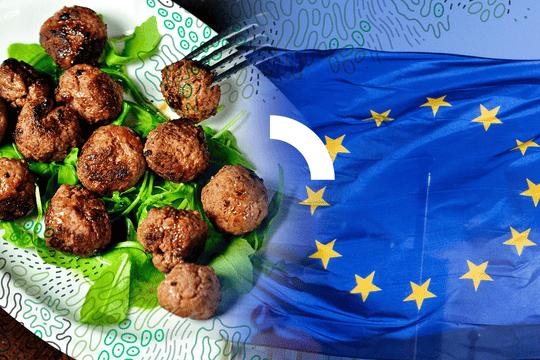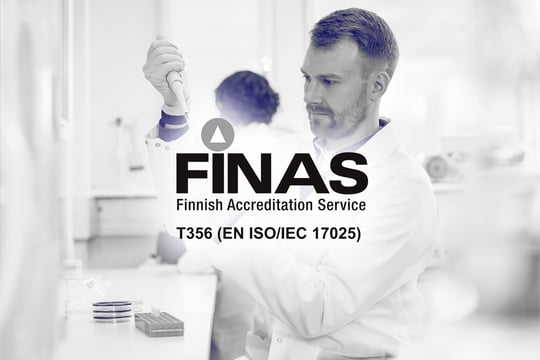
The Trump administration, under the direction of Health and Human Services (HHS) Secretary Robert F. Kennedy Jr., is exploring significant changes to the Generally Recognized as Safe (GRAS) protocol for food ingredients. This move aims to eliminate the self-affirmed GRAS pathway, which has allowed companies to independently determine the safety of their food ingredients without notifying the Food and Drug Administration (FDA) or the public. This change could dramatically reshape how companies introduce new food ingredients to the US market.
Why self-affirmed GRAS matters
The GRAS designation, established in 1958, allows certain food ingredients to bypass the FDA's premarket review if they are generally recognised as safe by qualified experts. The current system permits companies to conduct their own safety assessments and declare their ingredients as GRAS without FDA oversight. While the FDA recommends companies submit their GRAS determinations for review, this notification procedure remains voluntary.
Self-affirmed GRAS requires publicly available evidence for determining GRAS status, and data requirements are, in principle, the same as for FDA-notified GRAS. In practice, companies create and maintain internal safety files. This streamlined pathway has enabled rapid innovation and faster product launches, significantly benefiting both companies and consumers.
Kennedy’s call for increased oversight
Secretary Kennedy has directed the FDA to close this perceived “loophole” by mandating FDA review and approval for all GRAS determinations. This change is argued to enhance transparency and ensure that all food ingredients introduced into the market are safe for consumption.
Expert concerns vs. real-world impacts
Some experts in food safety have advocated for tighter oversight and higher safety standards, with critics highlighting that the lack of mandatory notification has allowed some companies to bypass thorough safety reviews. Food industry leaders however argue that the current system, when followed correctly, already provides sufficient safety assurances and that the proposed changes may be an overreach.
The proposed changes have raised concerns within the food industry. Many manufacturers worry about the potential delays and increased costs associated with mandatory FDA reviews. The self-affirmation pathway has historically allowed for quicker market entry and innovation, which could be hindered by the new regulations. The changes would particularly affect smaller, innovative companies that have historically chosen the US for its efficient regulatory environment.
The FDA's capacity to efficiently manage an increased volume of GRAS notifications is uncertain. Without additional resources, regulatory bottlenecks and delays could become commonplace, negatively impacting the industry's ability to deliver timely innovations.
Complex legal challenges ahead
Eliminating self-affirmed GRAS will be neither quick nor simple. It would likely take years and require both Congressional approval and extensive FDA notice-and-comment rulemaking. This process involves multiple steps, including a notice of proposed rulemaking, a public comment period, and the publication of a final rule.
The best time to prepare is now
The Trump administration's push to eliminate the self-affirmed GRAS pathway represents a significant shift in food safety regulation. While the move aims to enhance transparency and consumer trust, it also poses challenges for the food industry in terms of compliance and potential delays, not to mention the challenges in rulemaking. As the FDA explores these changes, it will be crucial to balance the need for rigorous safety evaluations with the practical realities faced by food manufacturers.
Regardless of the outcome, companies should be proactive. Biosafe's expertise in regulatory compliance and extensive experience in successful GRAS assessments can help your business smoothly navigate these potential changes. When the self-affirmed GRAS is well-prepared, the FDA review is likely to be positive. Unfortunately, we cannot influence the expected long queues, if the proposed changes are turned into law.
How Biosafe can help you stay ahead
With our in-depth understanding of the EU, US, and other regulatory environments, Biosafe can help you navigate the complexities of the global biotech market, ensuring your products are safe, compliant, and ready for consumers worldwide.
Topic:










